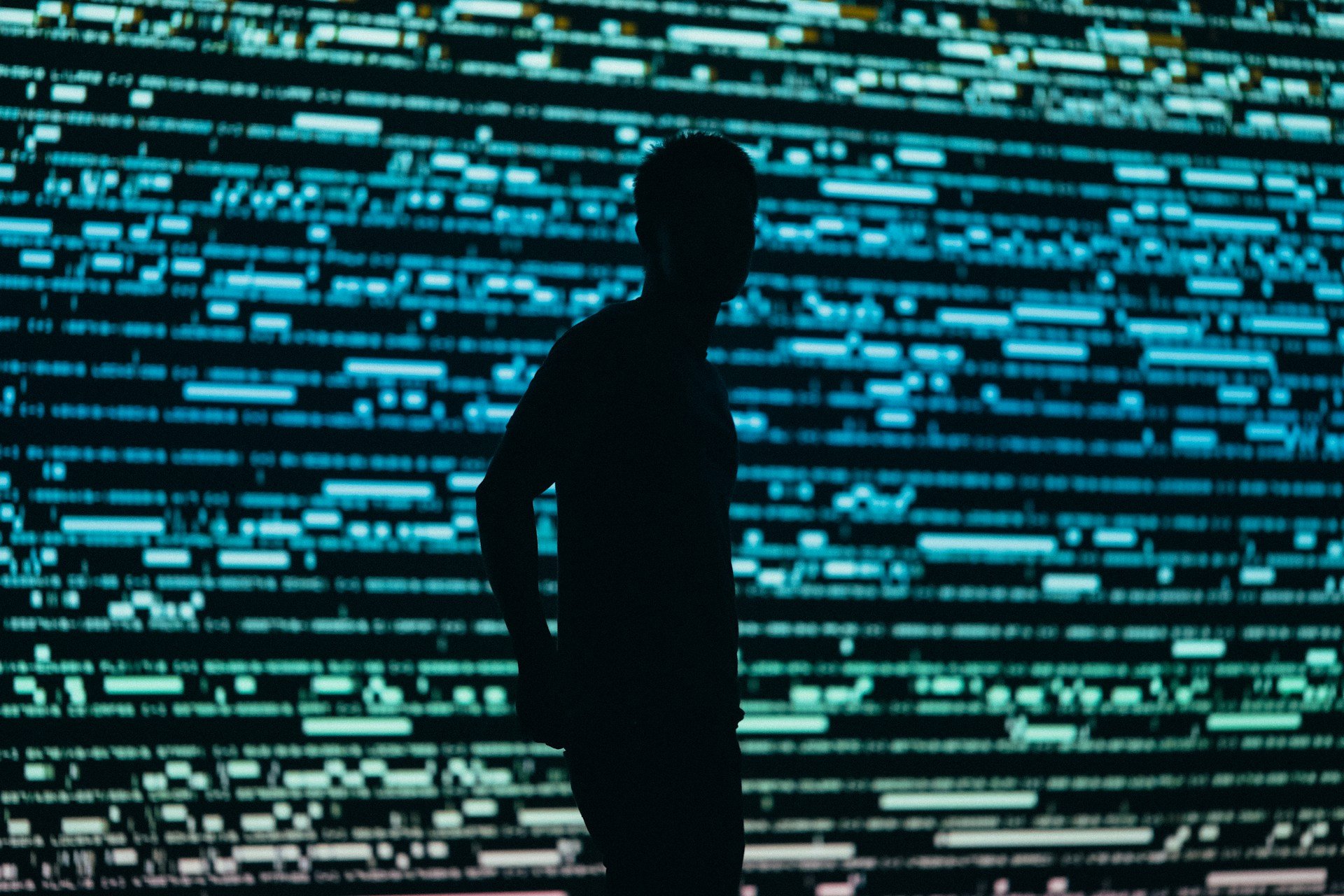Modern Espionage: The Growing Risk to High Value Individuals
Author: Marcelina Horsefield
Espionage still carries an aura of glamour and intrigue - secret agents, luxury cars and martinis. Beyond the Hollywood gloss however, you’ll find a reality that is far less visible, and alarmingly relevant to high-net-worth individuals.
Recent warnings from MI5 to British parliamentarians highlight that espionage is no longer confined to government corridors, a growing concern that many in the private wealth space can’t afford to overlook.
The Face of Espionage is Changing
In November, MI5 issued an “espionage alert” to MPs and peers, warning that Chinese intelligence operatives were actively targeting individuals through LinkedIn and recruitment head hunters.
“Whitehall officials have warned of Chinese cyber attacks, intellectual property theft and attempts to recruit British individuals in Parliament and the technology sector.”
Defence Minister Luke Pollard MP urged the public to stay alert to unsolicited online approaches, warning that “the ability for people that wish us harm or wish to gain access to information they shouldn’t” is a greater risk than ever in today’s interconnected world.
A recent investigation uncovered Operation WrtHug, a global espionage campaign exploiting vulnerabilities in ASUS home routers. Attackers leveraged multiple high-severity flaws, including OS command injection and improper authentication controls, to compromise thousands of devices worldwide. Once infected, these routers became part of a covert network, enabling long-term surveillance.
Hikvision CCTV cameras, widely adopted for their affordability and advanced features, are installed across government and private sites in the UK. Since 2022, official guidance has prompted their removal from sensitive locations due to concerns over foreign-linked surveillance risks. In private homes, the dangers include unauthorised remote access, covert data leaks, and exploitable backdoors.
State-linked actors are increasingly targeting consumer-grade hardware as an entry point for espionage, turning ordinary household technology into tools for global intelligence operations.
What emerges is a picture of espionage that feels accessible and unsettlingly modern.
The Ecosystem of Risk
The global spyware market operates in the shadows and is growing at pace. Hundreds of companies across more than forty jurisdictions develop and sell surveillance tools capable of infiltrating devices, extracting messages, emails, and geolocation data without detection. The ecosystem is complex, layered with shell companies, making accountability elusive. This opacity, combined with weak regulatory frameworks, has allowed spyware to become a strategic instrument in modern espionage, redefining what it means to gather intelligence in the digital age.
Pegasus, the Israeli-made spyware, has repeatedly made headlines for its ability to infiltrate smartphones without a single click. Originally marketed as a tool for law enforcement, Pegasus has been deployed against journalists, activists, and increasingly, corporate leaders. Investigations have revealed infections among executives in finance and real estate, with attackers gaining access to encrypted messages and even activating microphones remotely. In one notorious case, Pegasus was allegedly used to compromise Jeff Bezos’s phone, exposing private communications and sensitive business information.
SpearSpecter shows how attacks can be both patient and personal. This campaign has systematically targeted high-value officials using personalised tactics such as invitations to prestigious conferences and significant meetings. Family members and close contacts are also targeted, widening the attack surface and increasing pressure on the primary target. Operators spend days or weeks building relationships that feel authentic, even extending engagement through WhatsApp to add familiarity. Once trust is established, attackers deploy tools like spoofed meeting pages for credential harvesting or a modular PowerShell backdoor known as TAMECAT for long-term access and control.
In the Crosshairs
You may not hold state secrets, but wealth translates into influence, and influence is currency not just in geopolitics, but business too. Your investment portfolio, philanthropic ventures, and advisory networks can offer adversaries a strategic edge.
The technology meant to keep you safe (smart cameras, home networks) can actually expose you. These are no longer hypothetical risks, they have been used to infiltrate environments where traditionally, security is assumed to be strongest.
The risk can also lie in proximity. Staff and inner circles may be targeted as soft entry points. The more connected and visible you are, the more attractive you become to those looking for leverage.
The tactics are varied, but the principle of exploiting trust and technology is simple.
Your Move
The modern face of espionage is both personal and digital. It doesn’t snatch you off the street. It slips into your inbox, your phone, your LinkedIn requests. So what can you do?
Protections can include:
Using encrypted communications, multi-factor authentication, and regularly auditing devices for compromise.
Applying due diligence to new staff, advisors, and third-party vendors. Insider risk is real.
Avoiding public Wi-Fi, using VPNs, and keeping sensitive work off personal devices.
Ensuring your close family and household staff are briefed on the threat landscape and are mindful of unusual behaviour or potential compromise.
Monitoring your presence on the Dark Web via OSINT. Threat intelligence isn’t just for corporations, individuals with influence need it too.
Assessing your wider home cyber security. From CCTV and security gates through to routers and smart devices, a review of your home ecosystem can expose and block any hidden backdoors.
Espionage isn’t tomorrow’s problem, it’s here now and it’s evolving fast. Staying alert is essential. The best defence is being proactive about your security.
About the author
Marcelina Horsefield is a Cyber Security Advisor at coc00n, where she helps public figures navigate digital security with confidence. With over a decade of experience in legal operations, Marcelina focuses on a thoughtful, grounded approach to risk, translating today’s complex digital landscape into a clear, manageable path.
About coc00n
coc00n provides personal cyber security for high value individuals at a level previously only available to those under government protection. Contact us to find out more.


